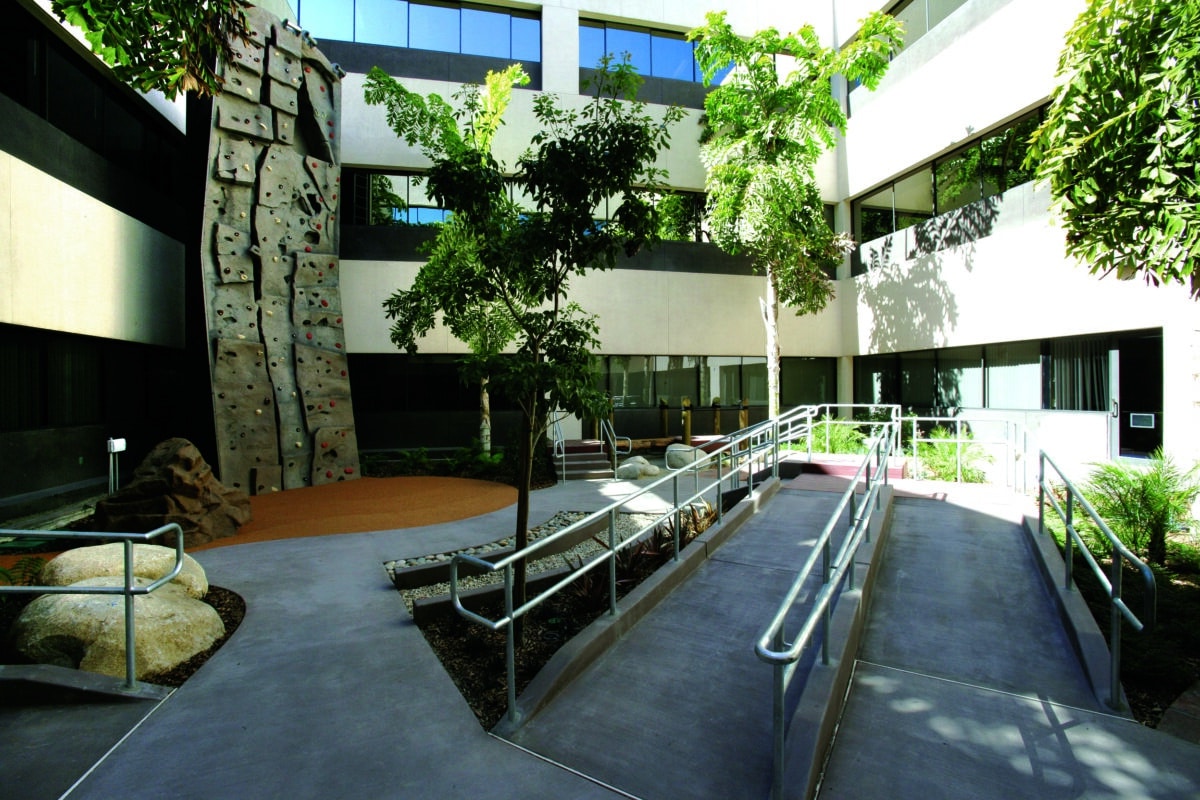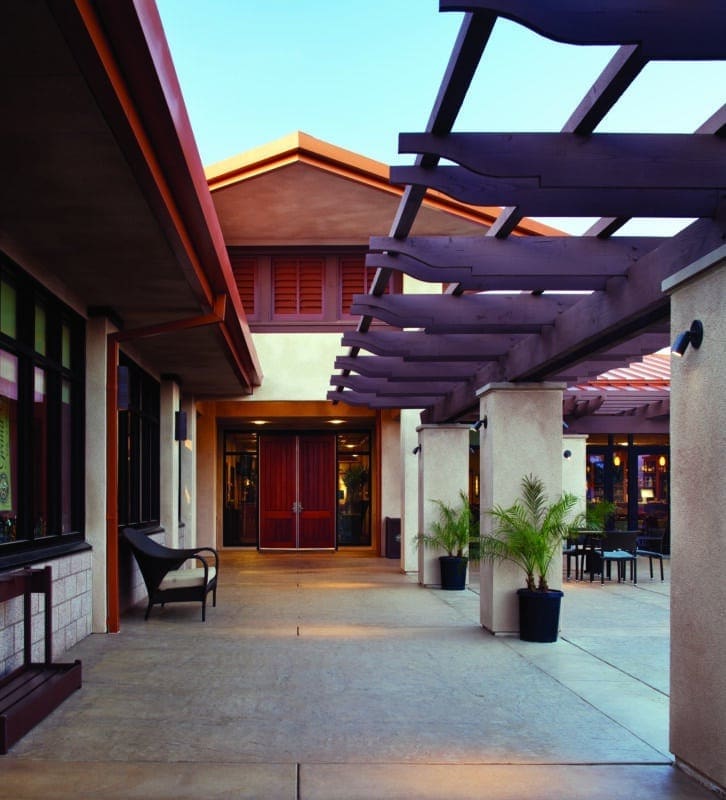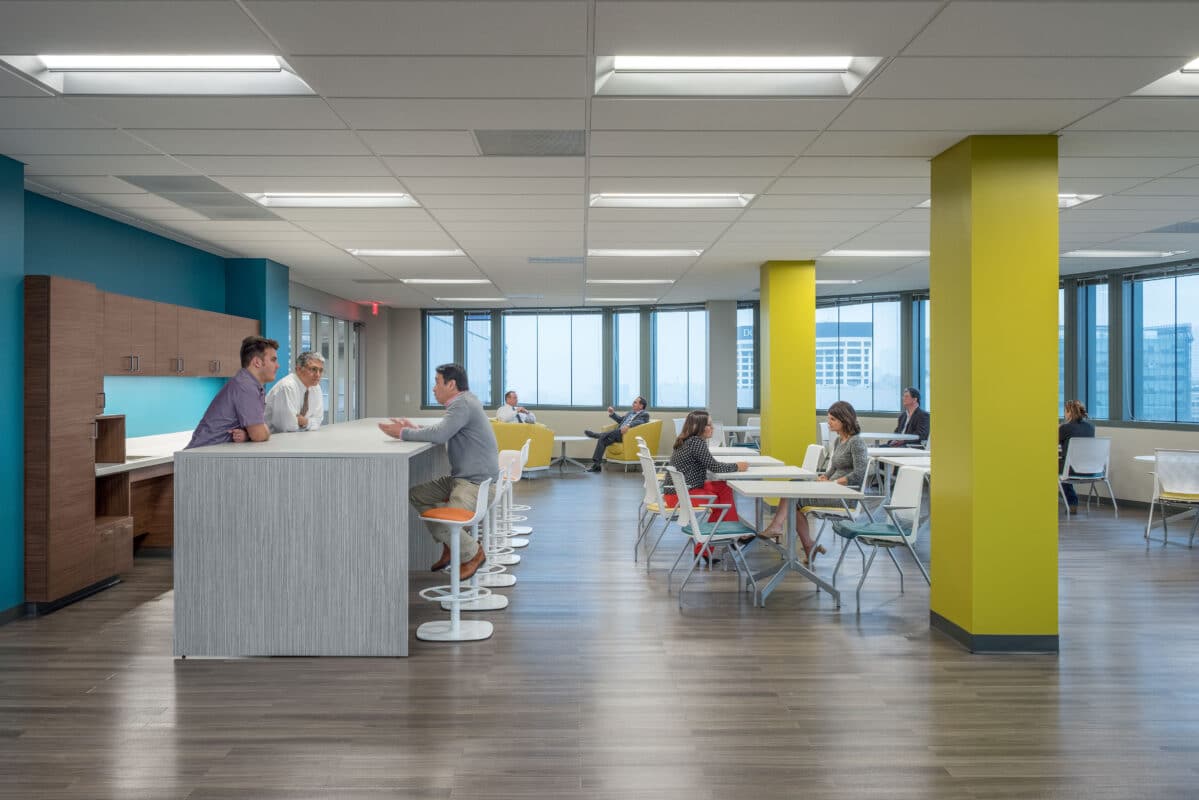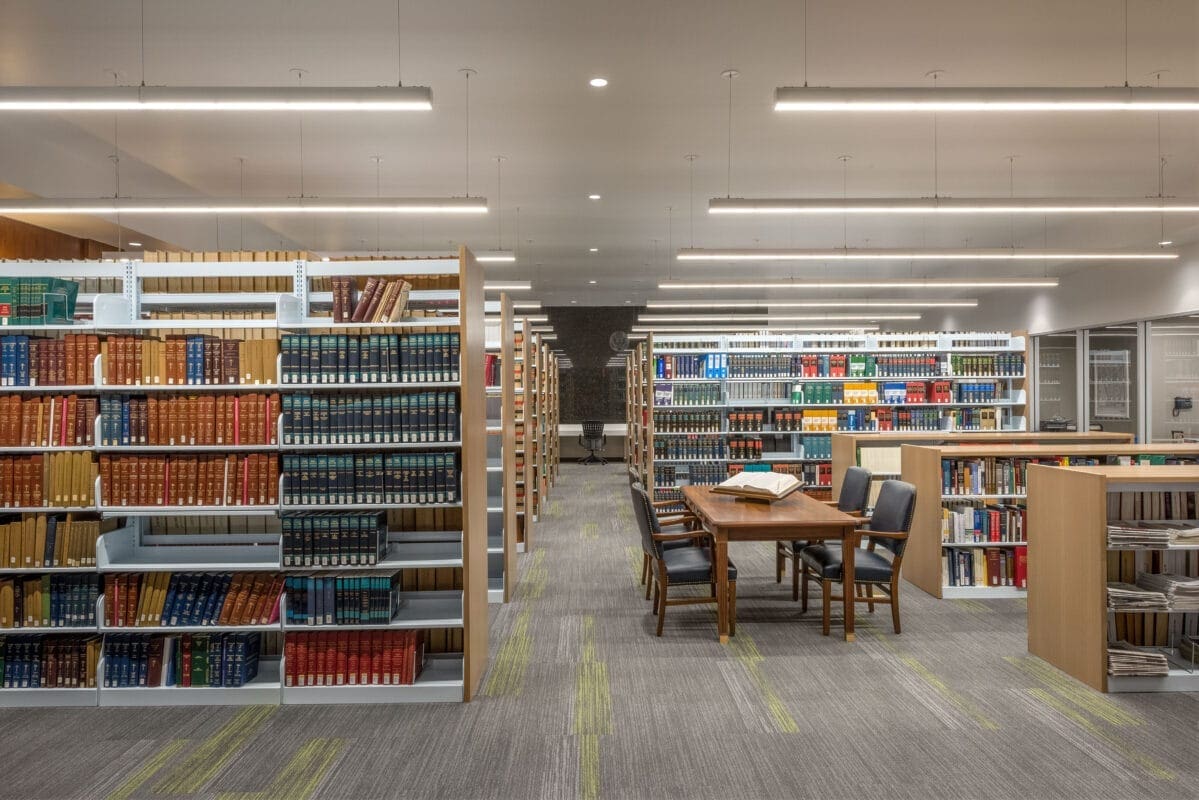Design build construction facilitates a smooth transition from a project’s conception to its completion. To understand exactly what this method entails, we have to first understand traditional building methods. Typically, most commercial projects are completed using a design-bid-build framework.
In a design-bid-build scenario, one company is hired to design the project. Then, bids are made by construction agencies to determine who will build it, and one company is chosen. Multiple contracts are drawn up, and these two entities with complementary specializations carry out different tasks to complete the project.
As its name implies, the design build method eliminates the second stage and brings all responsibilities under one roof. A project is designed and built by the same company, which can be significantly beneficial to the budget and timeline of a project.
With that in mind, here are five reasons to consider design build construction over the more traditional methodology:

1. Instant Communication
With design-bid-build construction projects, the opportunities for communication breakdowns are abundant. This is only natural when more than one company works on the same project—even if both parties are committed to keeping their counterpart in the loop.
The design team has to correspond with the contractors, and possibly the subcontractors, and vice versa, which will inevitably lead to delays.With a design build institution, one organization deals with almost every task; because all teams ultimately report to a single project manager, communication is streamlined. This prevents needless delays and ensures a project will be completed on time.
2. Custom Projects
Design-bid-build might be best reserved for businesses that already have prototypical designs in mind. For instance, various branches of the same retailer are designed in the same way. So, if a company wants to expand and build in a new location, the design plans are already in place; they might just need to find builders to bid for the project.
By contrast, design build offers a more customizable approach. Project owners work closely with design and construction teams to produce unique constructions. This is often the case in industries that require highly customized structures.
For example, a hospital needs a very specific layout to accommodate all of the functions the building will serve; more than that, one hospital will likely have different needs than the next, and a design build company can create a tailored strategy to help each staff maximize efficiency.
3. Unified Vision
There’s far less chance of conflict arising throughout the project process with the design build method. Everything is handled under one roof where a clear hierarchy and responsibilities have been established.
One company takes ownership of the entire project, meaning you don’t have to deal with conflicts of interest. There’s a shared vision that the whole team is aware of and will work towards.
With design-bid-build, it’s not uncommon for designers and builders to be at odds with one another over how they think the project should go. It can be hard to bring them both on board, resulting in delays.
4. Complete Accountability
Who is accountable for a project using the design build method? It’s simple; the design build company. One organization takes full accountability for everything. This means they have the means and motivation to pay attention to small things that could impact budget and timeline.

This often leads to cost savings as the design builder can work out the overall cost of the project far earlier in the process. It allows for more accurate quotes, letting clients work out a budget early on.
In the design-bid-build approach, things aren’t as clear cut. Accountability is shared, which usually leads to discrepancies in the overall costs. For example, the designers may predict a certain cost or completion date, but the builders can end up quoting almost double the money or time that was suggested. There is little collaboration between the two parties in the early stages of the project.
5. Expertise in Both Fields
Design builders are experts in both designing and building. Not only that, but the company makes hiring decisions knowing that designers and builders will be working together. Clients benefit from working with two sets of experts that know how to collaborate and get the best out of one another.
To put it simply, the designers know how builders work and vice versa. As mentioned before, design-bid-build projects usually pair two companies from different industries who aren’t experienced in working together.
The designers may design a project with their own vision, but the builders have the expertise come back and suggest doing something differently, and so, on until both parties are content. Design build eliminates problems like this by using a collaborative mindset to get two groups of experts working in sync.
Although design build might not always be necessary, it brings numerous benefits to any project that utilizes it. The methodology reduces errors, leads to faster project delivery, keeps the costs as low as possible, and allows for a greater degree of customization.





